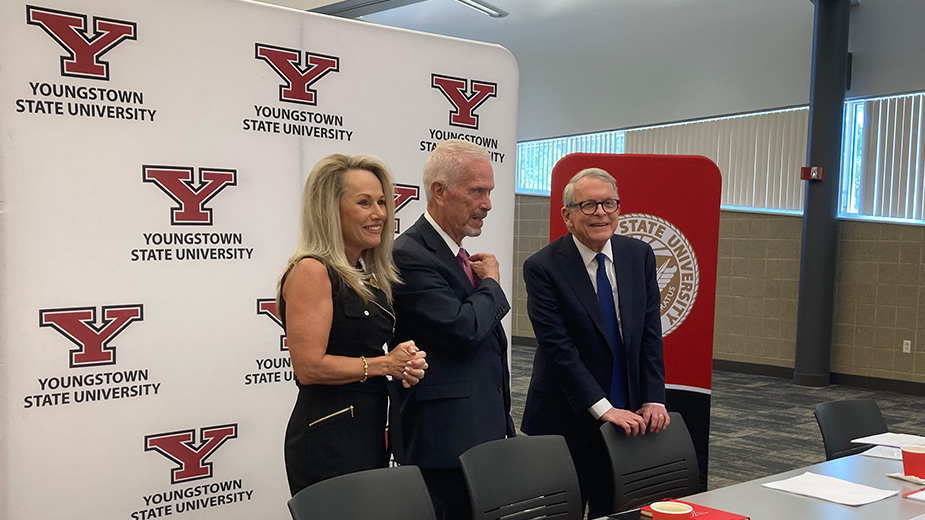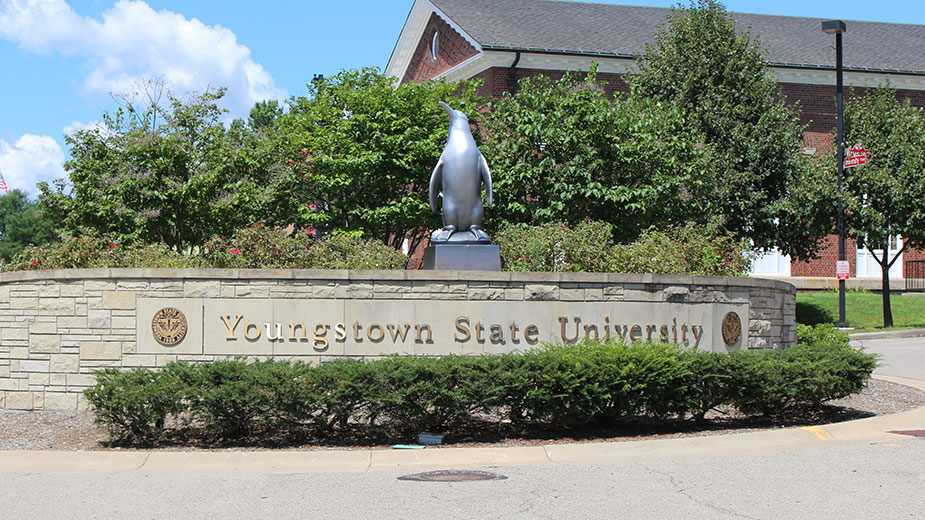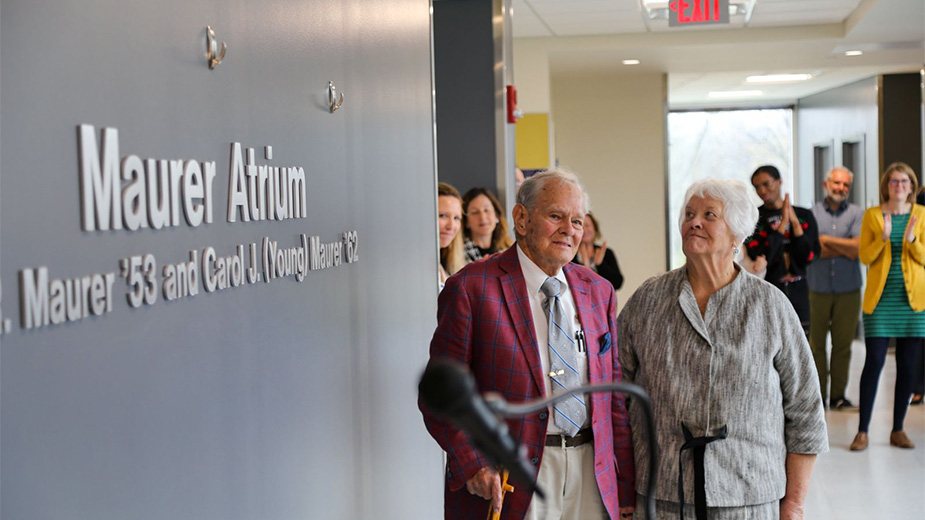Humphries: New Rules, Reaction; ‘Renewed Optimism’
By Tom Humphries, CEO, Youngstown Warren Regional Chamber
YOUNGSTOWN, Ohio — Students and their families in Youngstown have a better opportunity now than they did at any time in at least a dozen years.
It was the 2003-04 academic year that Youngstown City Schools received its first F on the state report card. It has received an F every year since.
In 2007, then-Gov. Ted Strickland created the state’s Academic Distress Commission and outlined its rules. Three years later, because of its continued failing grade, the Youngstown City School District was taken over by the state commission. Strickland’s commission was well-intended, but ultimately failed as Youngstown continued to receive nothing but Fs on the report card.
But today I have renewed optimism for Youngstown’s children. That optimism stems from several events that have unfolded over the past 10 months, and especially over last couple of weeks.
It was 10 months ago that I first met with a cabinet of prominent members of our community, all of whom possess a deep passion for our students and their opportunities for success. The likes of then-Eastern Gateway Community College President Laura Meeks, successful businessman Herb Washington, retired Youngstown Municipal Court Judge Robert A. Douglas Jr., who has seen far too many Youngstown kids in front of his bench, and Youngstown State University President Jim Tressel were among the cabinet members. Others included Youngstown Catholic Diocese Bishop George Murray, then-Youngstown City Schools Superintendent Connie Hathorne, Regional Chamber Manager of Education and Workforce Development Nick Santucci, and myself.
Our state leaders, including Ohio’s Superintendent of Instruction Richard Ross and Gov. John Kasich, supported our effort. Eventually, the Ohio Senate Finance Committee used information gleaned from our meetings to carefully craft new rules, passed by the Ohio General Assembly, redefining academic distress commissions. We endorse those rules, contained in House Bill 70 which is set to become law in October.
It’s not merely the new rules that give me renewed optimism. It’s the reaction to those rules. We have received support from several constituencies, we witnessed a rally in front of the Board of Education office, and we watched a march commencing in downtown Youngstown. Though some of the reaction has a tinge of opposition – no change comes without a healthy debate – they all deliver the same message: that we must provide a better chance for our kids.
Looking back at 12 years of failure, I do not recall demonstrations, marches, a dedicated effort from prominent community leaders like Dr. Meeks, Mr. Washington, Judge Douglas and President Tressel, or such a concerted effort from Columbus. So now it’s simply a matter of harnessing the passion that has bubbled to the surface. The passion within the teachers, the employee bargaining units, the board of education, the administrative staff, the state superintendent, even the governor. Harnessing the passion to arm the future Youngstown City Schools CEO (a leadership position outlined in HB 70) with the ideas and support needed to achieve his task of raising the district’s grade to a C.
Many of those ideas have already surfaced during meetings held in the wake of HB 70’s passage. Those meetings have served as a vehicle to better understand the state’s new plan, and to answer questions that concerned citizens have about how this innovative concept will roll out not only for Youngstown, but every district that one day finds itself in this situation.
The Youngstown Warren Regional Chamber, as the Valley’s lead economic development agency, is constantly tasked with providing site selectors up-to-date information on the availability of a qualified workforce as well as the community’s quality of k-12 education. In fact, many years ago when the U.S. Congress engaged in a Base Realignment and Closure process, the community’s k-12 performance was given more weight than the Youngstown Air Reserve Station’s military efficiency. That’s because the Pentagon, like most other employers, care about the quality of education available for their employees’ children.
Only 1.1 percent of the Youngstown City Schools’ Class of 2013 tested ready for college. That does not bode well for attracting employers, instilling confidence in outside companies that they can find a qualified work force here, or helping our existing companies find the human capital to expand.
But most importantly, we have failed a generation of children. Consequently, we have strained our social service providers who must now support that failed generation.
But enough of failure. For the first time in 12 years we see the community coming together to recognize the severity of the situation and to discuss how we’re going to fix it. How we’re going to stop the open enrollment drain. How we’re going to regrow the district’s student population.
We’re all on the same team. We all want what’s best for the students. Let’s continue the coalescing so we can help the kids achieve.
Pictured: Tom Humphries, CEO of the Youngstown Warren Regional Chamber, addresses Monday’s meeting about the future of the Youngstown City Schools.
RELATED:
Audience Assails Kasich Plan to Reform City Schools
Humphries is President and CEO of the Youngstown-Warren Regional Chamber
Copyright 2024 The Business Journal, Youngstown, Ohio.



